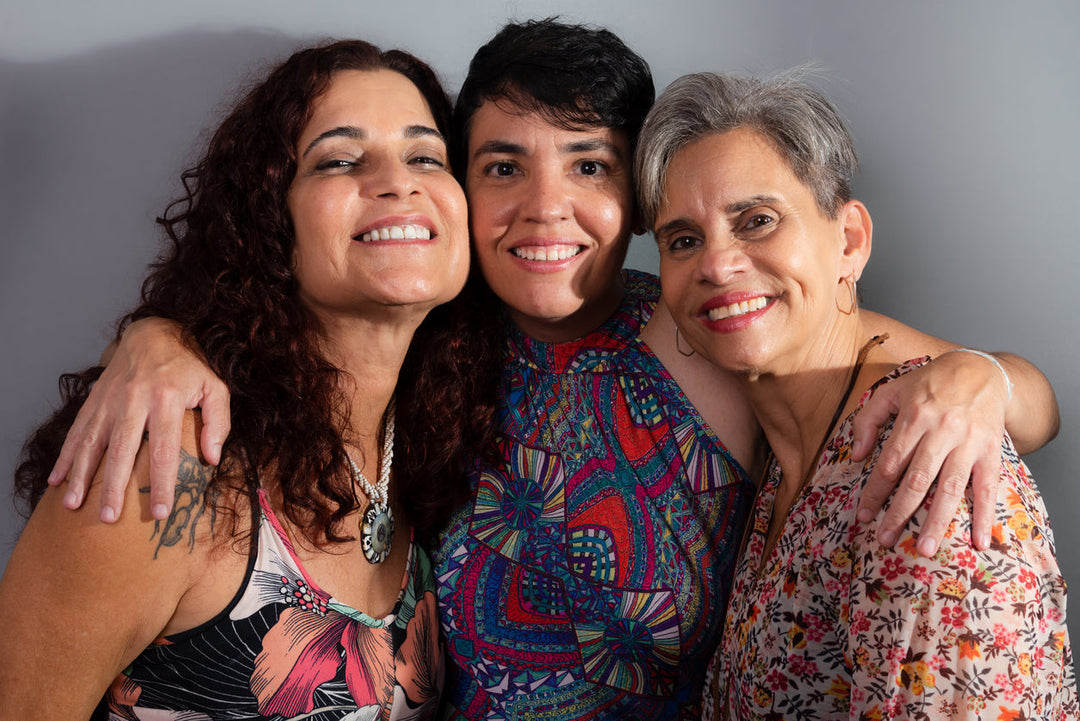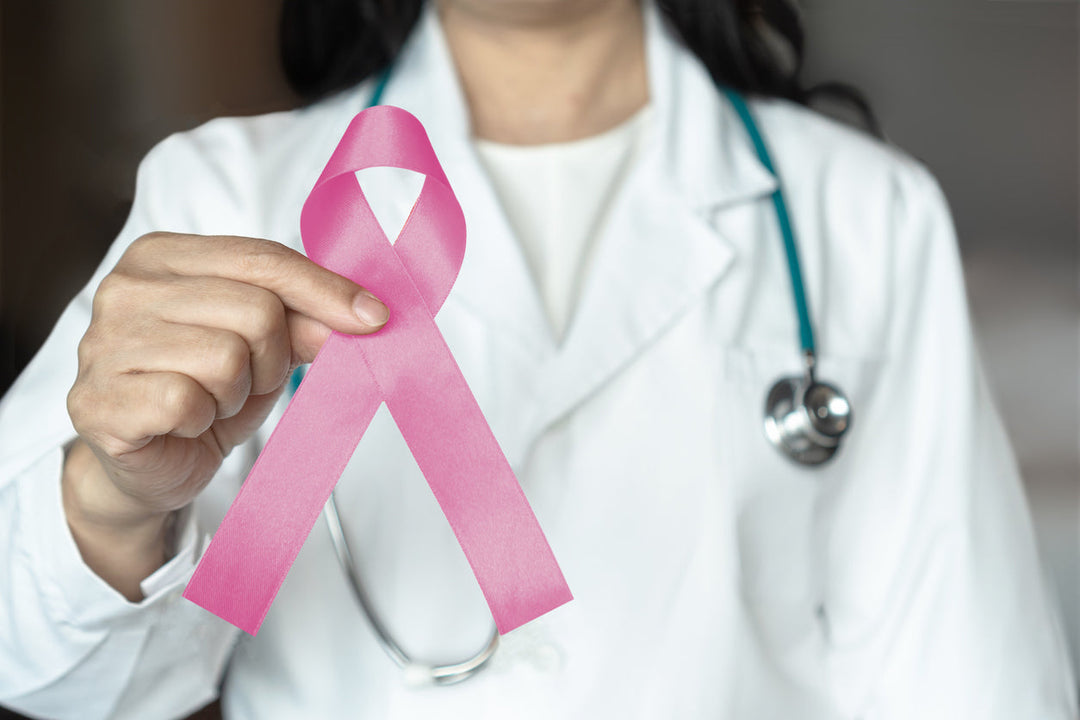Latina Women and Menopause: Breaking the Silence and Finding Relief
In honor of Hispanic Heritage Month, we’re shining a light on the unique ways Latina women experience menopause — and the importance of breaking the silence around it.
For many of us, menopause isn’t just a biological transition — it’s also shaped by culture, family, and how (or if) we talk about it. And for Latina women, that journey can look a little different.
Studies show Latina women are more likely to experience intense hot flashes and night sweats — and they can last longer, sometimes nearly nine years compared to about six for non-Latina White women. Add in sleep issues, vaginal dryness, joint pain, and mood changes, and it’s no wonder menopause can feel overwhelming.
But here’s the thing: there isn’t one “Latina menopause story.”
“Central American women often report more hot flashes and dryness, while Puerto Rican and Dominican women tend to experience more sleep issues,” explains Dr. Jennifer Peña, a physician who has spent years studying women’s health and the Chief Medical Officer for Wisp. “Cultural factors also shape our experience, and menopause is still a taboo topic in many Latino families. That silence can leave women feeling alone or unsure where to turn.”
And then there are the healthcare gaps. Research shows Latinas are less likely to be offered treatments like hormone therapy, even when it could help. Combine that with language barriers, caregiving responsibilities, and limited access to trusted doctors, and menopause becomes not just a physical challenge but an emotional and cultural one too.
You don’t have to suffer in silence
Dr. Peña is clear: “Menopause is a normal part of life, and there are safe, effective ways to feel better.”
Here are some approaches she recommends that can make a real difference:
Lifestyle changes
-
Regular exercise for energy and bone health
-
Prioritizing sleep and stress management (think mindfulness, prayer, journaling, or leaning on community support)
-
Identifying and avoiding triggers like caffeine, alcohol, or spicy foods that may worsen hot flashes
Medical treatments
-
“Hormone therapy is the most effective option for hot flashes and also helps protect bone health, but it’s underused in our community,” says Dr. Peña.
-
Non-hormonal medications (like certain antidepressants, gabapentin, or clonidine) can also help.
-
For vaginal dryness or pain, options range from over-the-counter moisturizers to prescription therapies like ospemifene.
Mental health support
-
Cognitive behavioral therapy (CBT) can improve sleep and ease anxiety.
-
Group programs designed with cultural sensitivity can reduce stress and help women feel less alone.
Complementary options
Some women explore herbal remedies like black cohosh, maca, or red clover. While results are mixed and quality can vary, talking to your doctor before trying these is key.
Talking to your doctor (and getting what you need)

We know it’s not always easy to bring up sensitive symptoms — especially in cultures where menopause isn’t openly discussed. But as Dr. Peña emphasizes, “One of the most powerful tools you have during menopause is your own voice.”
Here’s how to make the most of your doctor visits:
-
Track your symptoms: Note when hot flashes happen, how often you wake up, or whether vaginal dryness is affecting intimacy.
-
Be specific and direct: If sex has become painful, say it. If you’re awake at 3 a.m. every night, share that.
-
Share your preferences: Do you want to try lifestyle changes first? Are you curious about hormone therapy but nervous about risks?
-
Ask about every option: From hormone therapy to CBT to non-hormonal medications, you deserve the full menu of treatments.
-
Advocate for yourself: If language is a barrier, request a Spanish-speaking provider or interpreter.
The most important reminder? Menopause is not something you just have to endure. Your symptoms are valid and treatable, and you deserve care that respects both your health and your culture.
For many Latinas, menopause symptoms are not only more severe and longer lasting — they’re also shaped by stigma, silence, and healthcare inequities. But change starts with talking openly, sharing stories, and demanding equitable care.
As Dr. Peña puts it: “Menopause doesn’t have to mean giving up quality of life. With the right mix of lifestyle changes, medical care, and community support, we can manage symptoms and thrive through this transition.”
It’s time to break the silence — and make menopause a conversation, not a secret.










